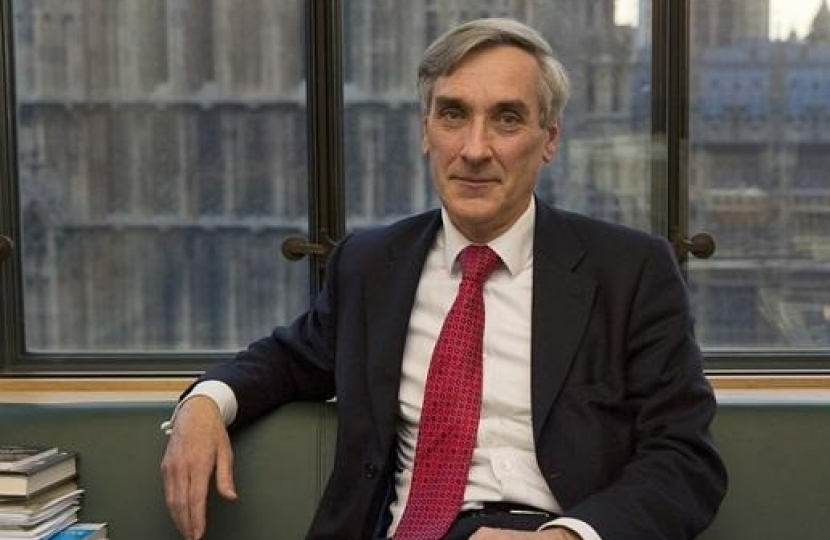
I've previously discussed the strange agreement in much public debate that there are a defined number of public services which need to be in public ownership or control owing to their importance to our lives. These include the obvious ones of health and education, where it is a generally agreed fundamental that the state should pay for the care and education. There is no need for the same state involvement in water, rail travel, and electricity where customers pay. The danger is they want monopolies in the utilities, when customer choice is crucial to higher standards, more innovation and lower prices.
Health and education are special cases. All main parties agree healthcare and schooling should be available free to anyone who needs them, so all agree the state has a big role. There remains choice and competition for those with good incomes, with some people opting to send their children to fee paying schools or to buy private healthcare despite their eligibility for the free public service. The state allows a smaller private sector to compete whilst charging patients and pupils. The state also harnesses substantial private sector involvement in these services. Both main parties have accepted all drugs are supplied to the NHS by competing companies, many for profit. Both have accepted substantial private provision of meals, cleaning and other essential services within health and education. The NHS continues with many GPs as private contractors. The large pharmacy based sector provides healthcare for profit for more minor aliments. Labour introduced the idea of the NHS buying in medical capacity from private hospitals and clinics.
The other ones on the list of those who think the state should own or run them are all privatised utilities where customers have always paid all or most of the bills for what they use. Instead of offering everyone free or subsidised water or electricity, money is given to those on lower incomes to help them afford these bills for essential needs. There are competitors to many of these offerings. Rail travel faces formidable competition from road and air travel with much larger private involvement. Competition was deliberately built into the privatised models for telecoms and energy, to provide more forces for innovation and better prices. Water was not given so much competitive challenge which has lessened the favourable impact of privatisation. Some say these are natural monopolies.
The truth is there is no natural monopoly. It is easy to have competing producers of electricity. You can run competing trains on different lines - west coast and east coast to Scotland for example - and you can use a regulator to ensure train pathway allocations over fixed track for competing services in many places. You can let competing water companies gain access to common pipes, as oil and gas suppliers share pipes for some of their deliveries.
Competition puts the customer in charge. It drives innovation and productivity improvements and forces companies to deliver high quality services. Monopoly does not create the same benign pressures and leads to everyone blaming the government that owns them for poor performance and poor quality. Instead of calling for further nationalisation of water or rail those who want better service and more provision should call for more competition.



